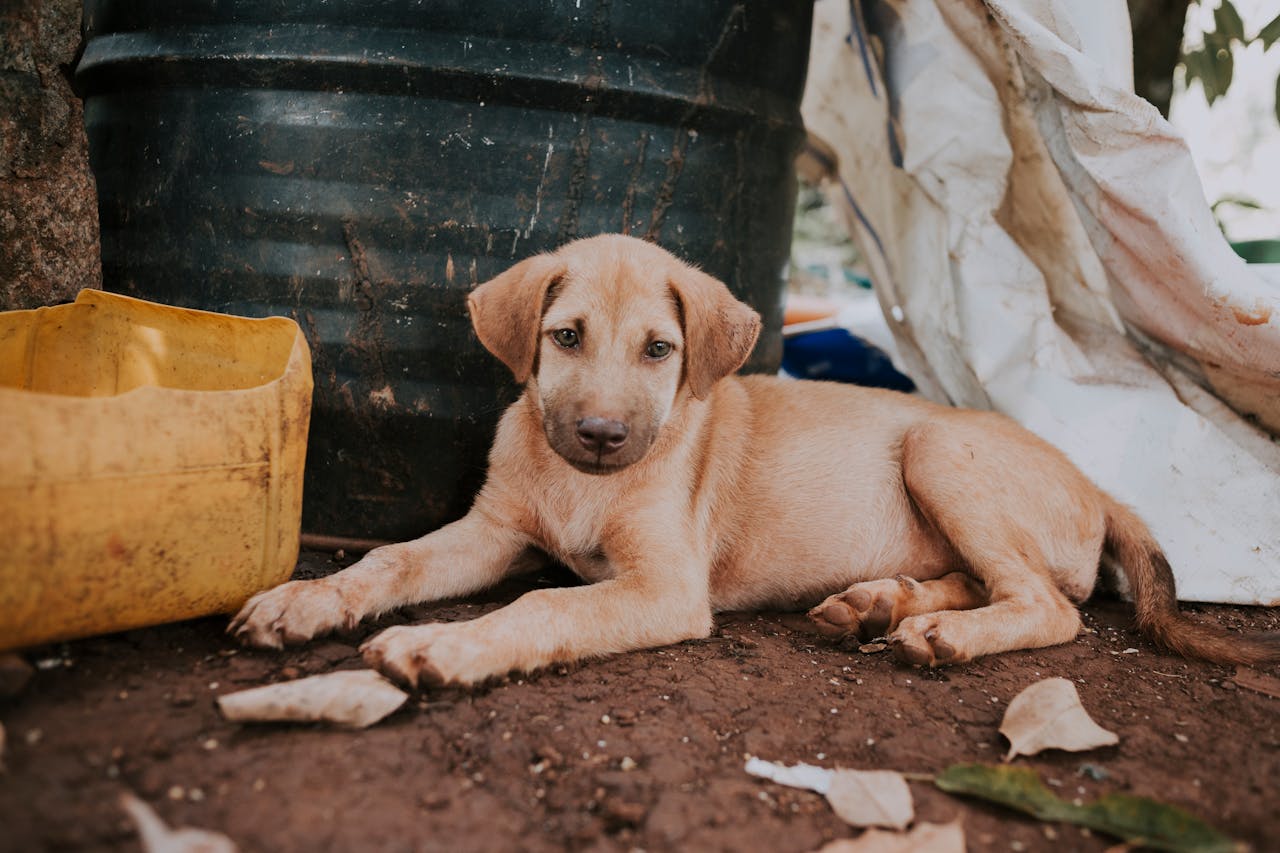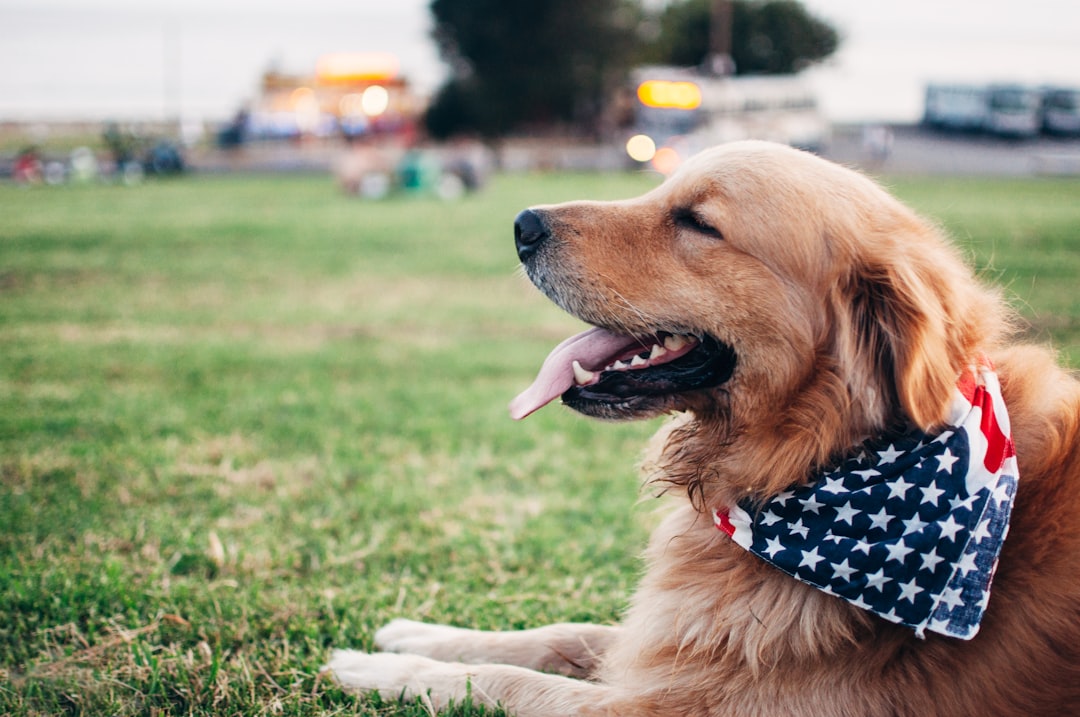As a dog owner, you may not give much thought to the environmental impact of your furry friend’s waste. However, dog poop is more than just a smelly inconvenience—it’s a significant pollutant that affects water quality, soil health, and even wildlife. In this article, we’ll explore how dog waste contributes to environmental issues and what you can do to minimize its impact.
1. Dog Waste Isn’t Biodegradable Like You Think
Many people assume that dog poop will naturally decompose and act as fertilizer, similar to cow manure. However, dog waste is vastly different. The high-protein diet of dogs results in waste that is acidic and contains harmful bacteria, making it unsuitable for fertilizing your yard. Instead of breaking down harmlessly, dog poop releases toxins and pathogens into the soil, which can take months to degrade fully.
2. Water Pollution and the Dangers of Runoff
When it rains, dog waste left on the ground doesn’t just stay put. Rainwater washes waste into storm drains, which often lead directly to rivers, lakes, and streams without any filtration. This runoff introduces harmful bacteria, such as E. coli and Salmonella, into the water supply. It also contributes to elevated nitrogen levels, which can disrupt aquatic ecosystems.
- Algae Blooms: Excess nitrogen from dog waste promotes the growth of algae blooms, which deplete oxygen in the water. This lack of oxygen can lead to fish kills and negatively impact other aquatic life.
- Contaminated Drinking Water: In some areas, contaminated runoff can seep into groundwater supplies, posing a risk to human health. Pathogens from dog waste can make their way into drinking water, causing illnesses and impacting local communities.
3. Soil Contamination and Its Impact
Dog waste left in your yard doesn’t just disappear. It can seep into the soil, where it releases harmful bacteria and parasites. These pathogens can survive in the soil for weeks or even months, making your yard an unsafe place for kids and pets to play. Soil contamination from dog poop can also reduce the soil’s fertility and hinder plant growth.
4. The Effect on Wildlife
Dog waste doesn’t just affect humans and their immediate surroundings—it also has consequences for local wildlife. The bacteria and parasites found in dog waste can be harmful to various animal species. Additionally, as dog waste pollutes natural habitats, it can disrupt the food chain and have long-term effects on local ecosystems.
5. How Pet Owners Can Help Reduce Environmental Impact
Being a responsible pet owner means taking steps to minimize the environmental harm caused by dog waste. Here are a few tips to get started:
- Pick Up After Your Dog: The simplest and most effective way to reduce the environmental impact of dog waste is to pick it up and dispose of it properly. Use biodegradable poop bags if possible and dispose of them in designated waste bins.
- Compost Safely (If Applicable): While regular composting doesn’t work for dog waste, some pet waste composters are specifically designed to break down dog poop safely. Be sure to research proper methods and never use composted dog waste on edible plants.
- Consider a Professional Service: If keeping up with dog waste removal is challenging, hiring a professional poop scooper can make a big difference. Regular yard cleanups help prevent waste from contaminating the environment and ensure your yard remains clean and safe.
Why Choose a Professional Service?
Professional poop scooping services like Steve, The Dog Poop Guy not only keep your yard clean but also help protect the environment. With years of experience serving Nassau County, Steve knows how to manage waste responsibly, so you can feel good about doing your part for the planet.
Ready to make a positive impact on your environment? Call Steve today at 516-455-4548 and schedule your dog waste cleanup service. Together, let’s keep Nassau County clean and green!



